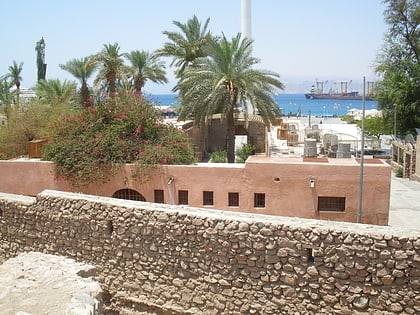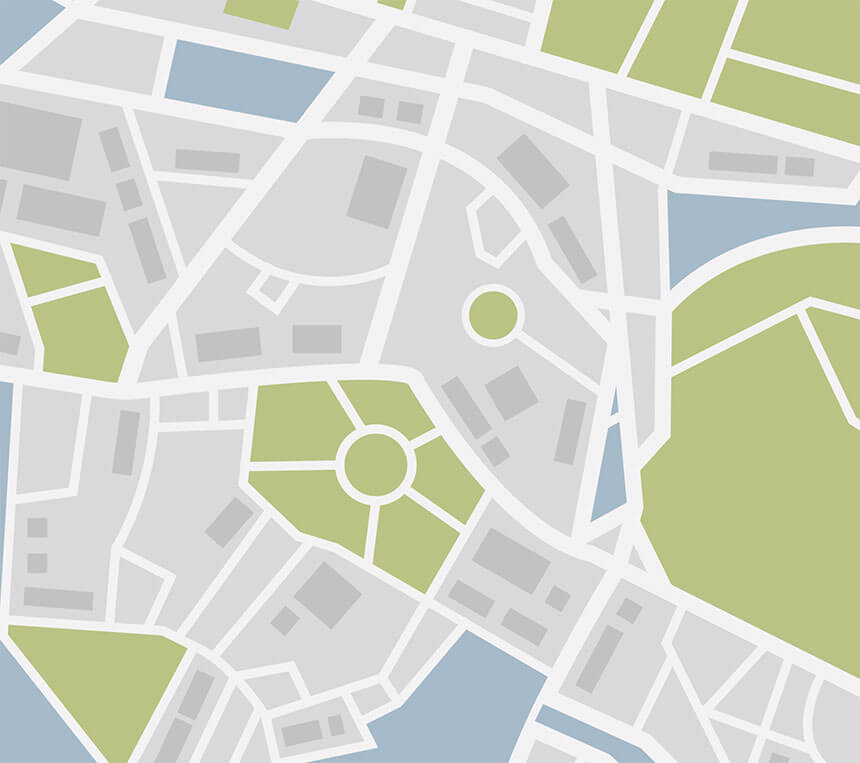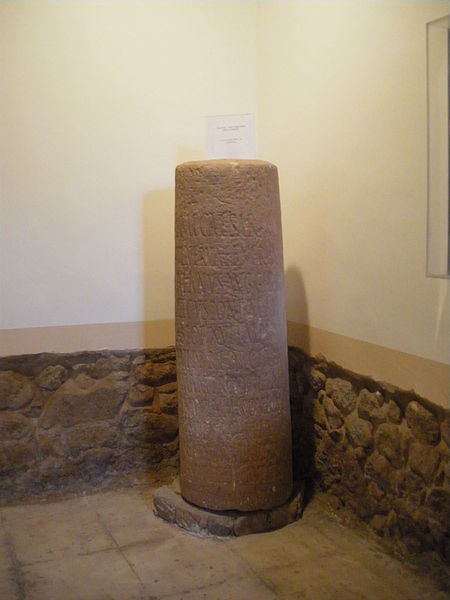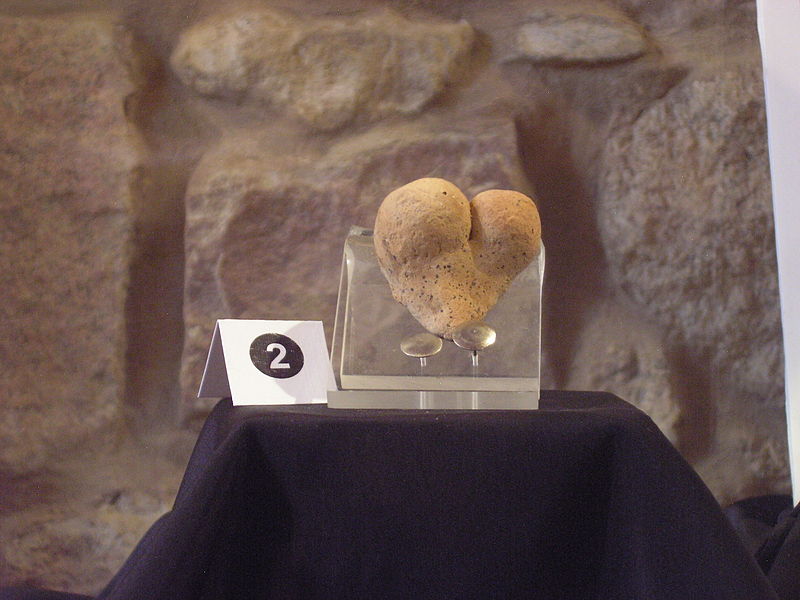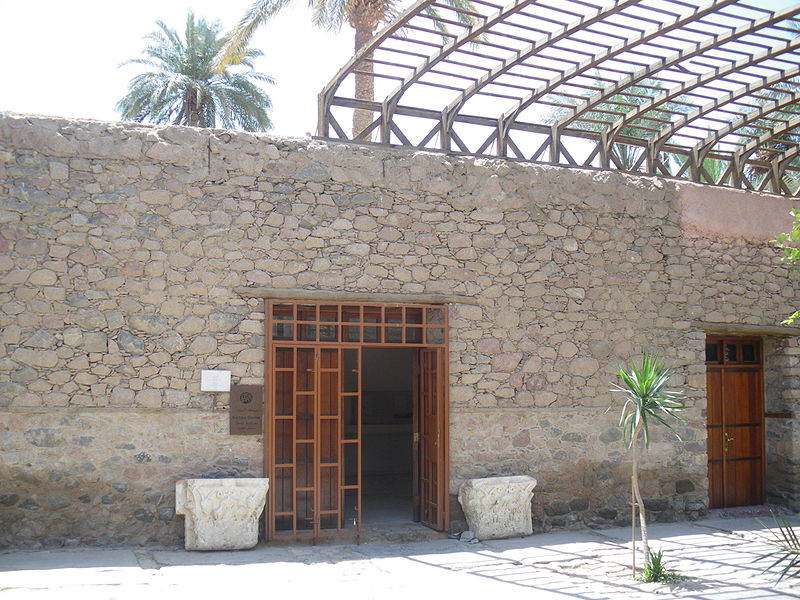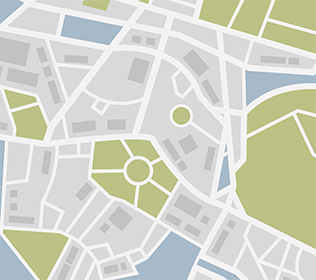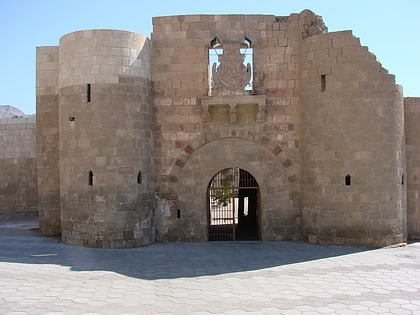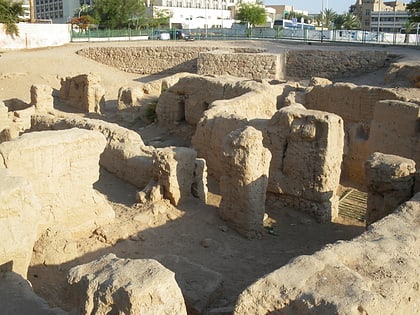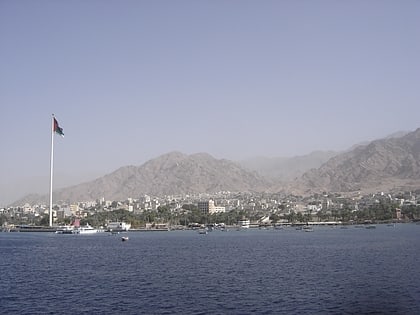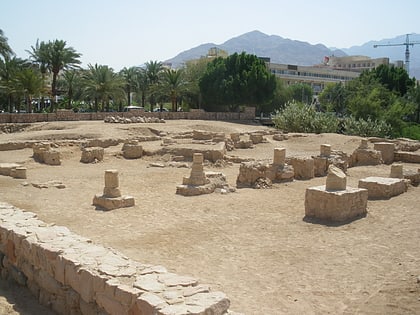Aqaba Archaeological Museum, Aqaba
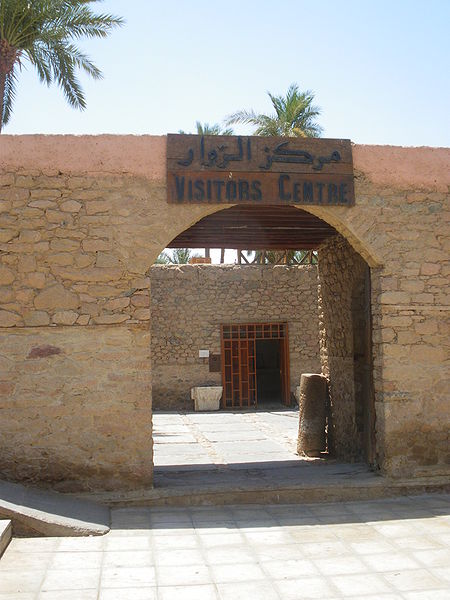
Facts and practical information
The Aqaba Archaeological Museum is a cultural treasure trove situated in the vibrant city of Aqaba, Jordan's only coastal city. This museum is housed in the historic residence of Sharif Hussein Bin Ali, the great-grandfather of King Abdullah II, lending it a regal aura that complements its rich collection.
Established in 1989, the Aqaba Archaeological Museum presents a fascinating array of artifacts that chronicle the long and varied history of the Aqaba region. The exhibits showcase items from different eras, including the Islamic era, providing visitors with a deep insight into the past civilizations that have inhabited this strategic location at the crossroads of Asia, Africa, and Europe.
The museum's collection includes a variety of pottery, coins, and tools that date back to the 7th century AD, offering a glimpse into the daily life and trade that flourished in Aqaba throughout the centuries. These artifacts not only speak of the city's historical significance as a port but also of its role in the spread of Islam and the creation of the early Islamic state.
Admission to the Aqaba Archaeological Museum is a must for history enthusiasts and those looking to understand the cultural significance of Aqaba beyond its contemporary allure as a seaside destination. The museum's compact yet rich collection is well-curated, providing an educational and engaging experience for all who visit.
Aqaba Archaeological Museum – popular in the area (distance from the attraction)
Nearby attractions include: Aqaba Fortress, Aqaba Church, Port of Aqaba, Fourth century Roman church.
